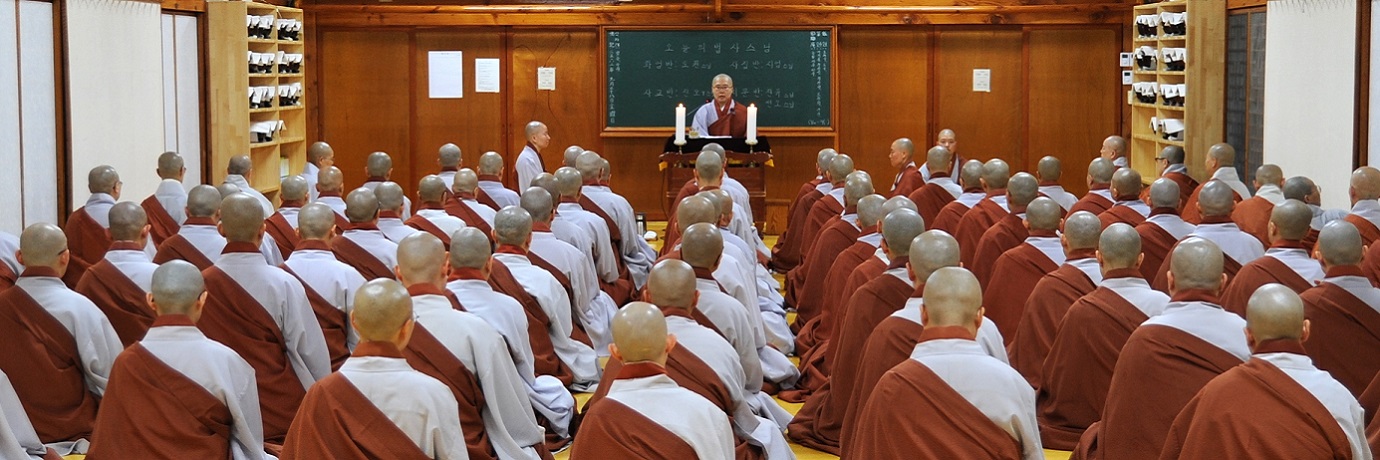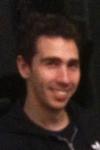Lucas Bender
I am a scholar of Chinese literature and thought, specializing in the medieval period (roughly 200 CE through 1100). I am most interested, these days, in the question of what positive conclusions we can draw from the vast amount we don’t know. This theme is at the core of my first book, on the Tang poet Du Fu 杜甫 (712–770), and it is also pertinent to my second book project, on the much-remarked but little-studied “pluralism” of medieval China. I am also interested in the question of how the medieval Chinese tolerance for obscurity eventually gave way in important cultural arenas to a more optimistic account of our capacity for knowledge.
In exploring these questions, I focus primarily on the intersection of thought and literature. Literary and poetic forms seem to me (and seemed to important Chinese writers, like Du Fu) particularly well suited to navigating a world we do not always understand. At the same time, however, the obscurities of the world and of ourselves were also important themes in all of the major strands of medieval Chinese thought, from Xuanxue 玄學 (“Obscure Learning”) to Buddhism, Daoism, and even Classicism (or Confucianism). Accordingly, I am interested in the ways ideas from all these traditions are invoked both in literature and in understanding literature.
At Yale, I am an assistant professor in the Department of East Asian Languages & Literatures and a member of the Executive Committee for the Yale College Humanities Program. In these departments, I teach courses on Chinese literature from the Han dynasty through the Song, Chinese philosophy, and comparative topics. Though the difficulty of medieval Chinese texts has made me a specialist, I maintain an interest in comparative religion and comparative philosophy.


